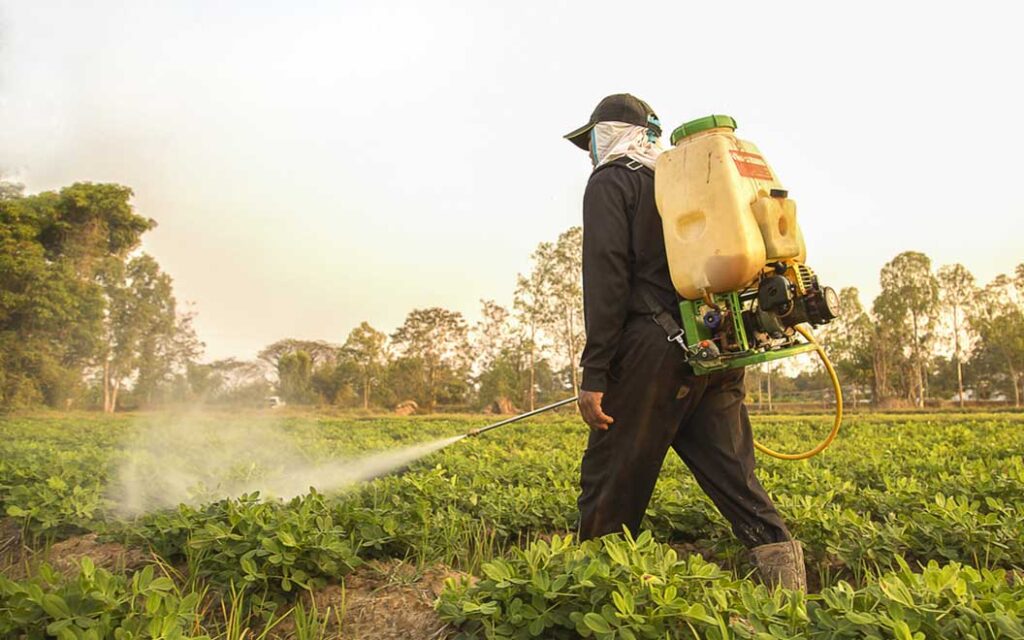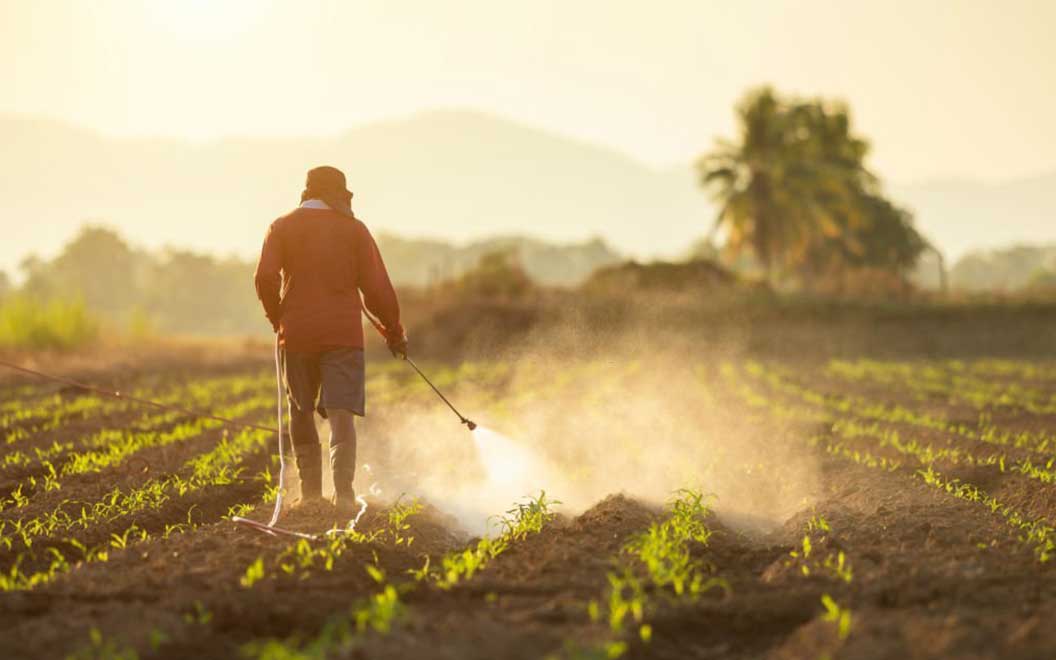The launch of Lagon today aims to provide a big relief to farmers,” – Temitope Banjo, the Country Sales Manager of Bayer in Nigeria. Bayer has developed and released the Lagon, a new cassava protection product aimed at assisting farmers in dealing with weeds in cassava fields and eventually maximizing production.
Over 200 testing and demonstrations of the newly released herbicide were conducted throughout the Nigerian and Tanzanian borders. It was rated as one of the finest herbicides for controlling grasses and broad-leaf weeds in cassava among the top pre-emergence herbicides. Weeds have shown to be a serious barrier to cassava crop productivity in Nigeria and Africa in general, with women spending around 500 hours per year manually hoeing their farm areas to keep them free of weeds. Farmers’ health is jeopardized by the manual weed management approach, and in many situations, children are taken out of school to help with weeding.
Temitope Banjo, the Country Sales Manager of Bayer in Nigeria said, “These are exciting times for cassava farmer, farmers need not worry about weeds anymore.’ When weeds are left untreated or uncontrolled, they compete with cassava for water, nutrients, and space, depriving the crop of the water, nutrients, and space it requires to develop correctly, reducing production by 40 to 90 percent.
To combat the danger of weeds, the International Institute of Tropical Agriculture (IITA) oversaw the Cassava Weed Management Project, which screened over 40 pre-emergence herbicides on-station and on-farm during the previous eight years. Trials and demonstrations were held in Nigeria’s Abia, Ogun, Benue, and Oyo states, as well as Tanzania.

Cassava output from Lagon treated fields was more than twice the national average and exceeded 20 tons per hectare throughout these four states, which represent the main agro-ecological zones that largely cultivate cassava in Nigeria. In addition, cassava plants treated with Lagon were more active than those grown in areas without the chemical. The Cassava Weed Management Project team also conducted residue analyses on the leaves, stems, and roots of cassava, according to Dr Alfred Dixon, Director for Development & Delivery at the International Institute of Tropical Agriculture (IITA). “The residue analysis provided negative results, meaning that Lagon is safe to be applied on field crops, particularly cassava,” Dr Dixon added.
Mrs. Ngufan Chichi, a cassava commercial seed producer, has advocated for the use of Lagon after seeing an increase in the size of their cassava farm in Benue thanks to the elp of Lagon, claiming that its use on cassava fields was doing “wonders” and assisting farmers in increasing yields and profits. “This is possible because we now manage weeds in cassava better,” she said, adding that with Lagon farmers were saving more on the cost of weeding. She said. Mrs. Chichi thus urged the government to encourage the spread of Lagon so that more farmers may benefit from it and, as a result, increases their yield or production on their cassava fields.


Comments are closed.